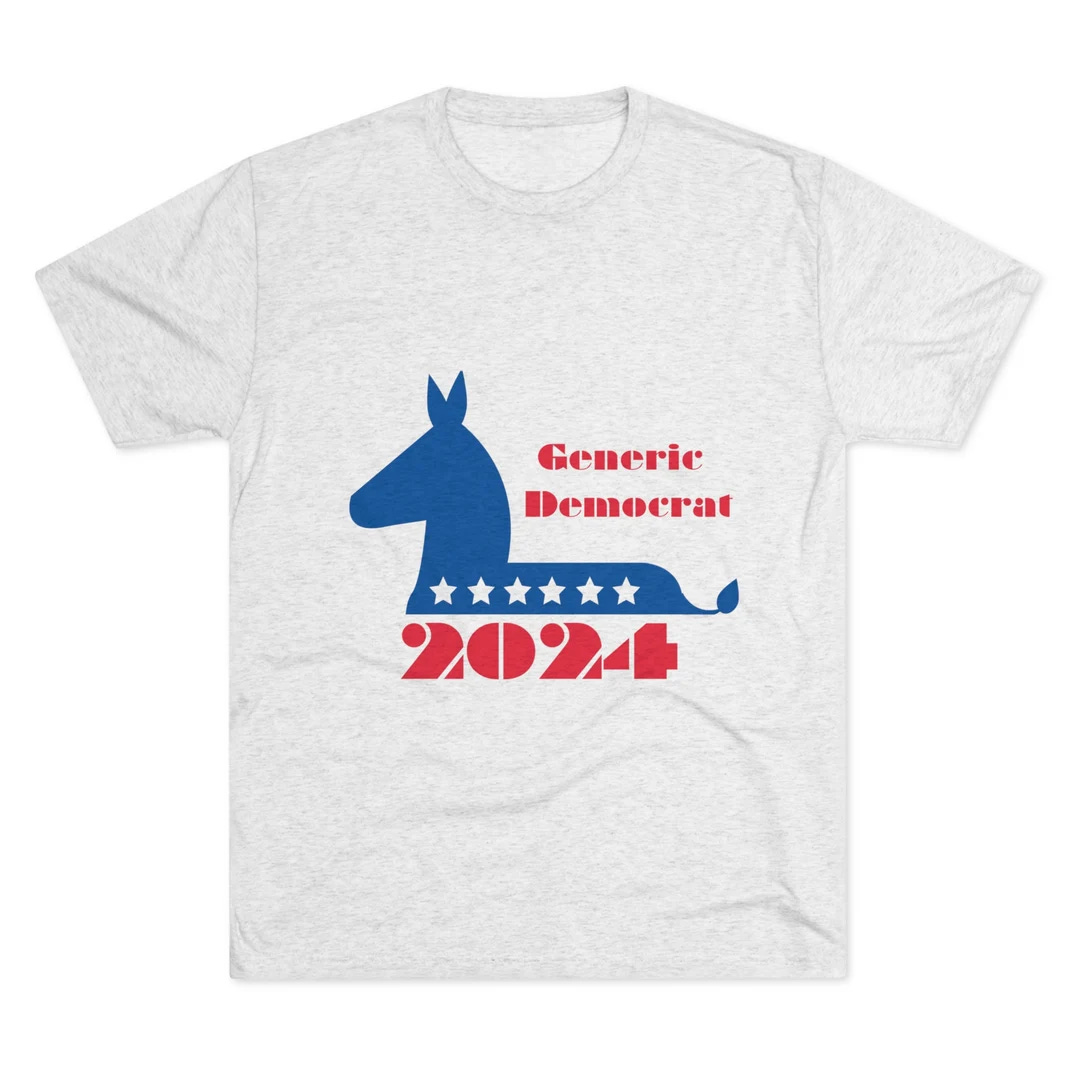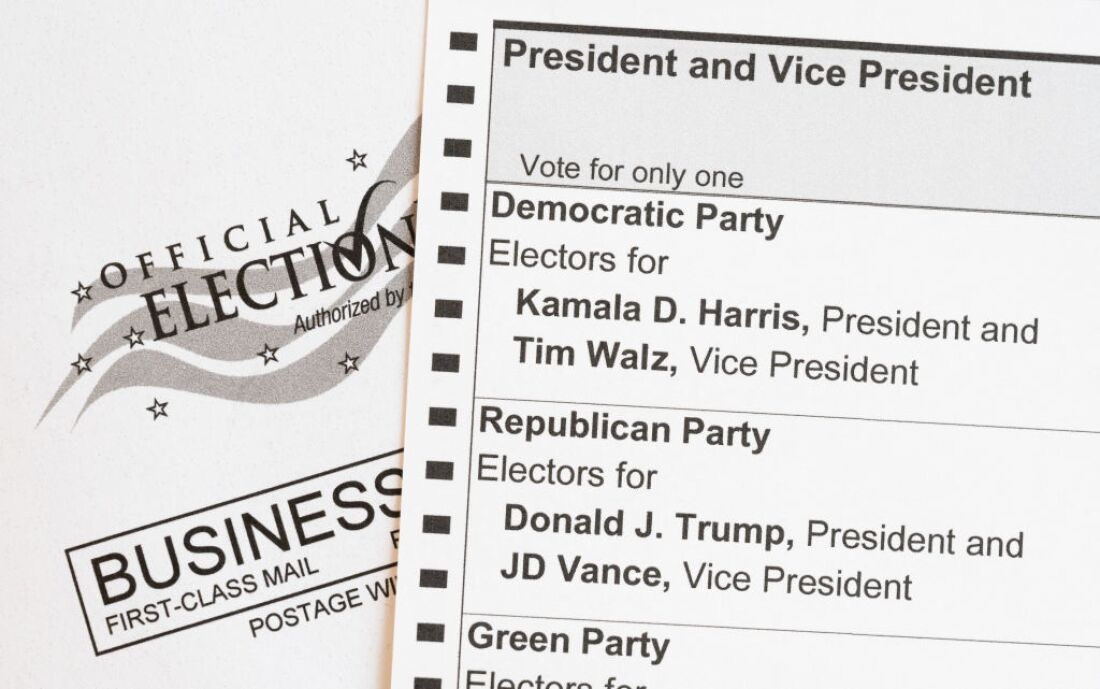Trolling: the act of deliberately provoking, upsetting, or annoying a person or group, often through inflammatory, off-topic or deceptive content. The primary goal of trolling is to elicit a strong emotional reaction from the target, usually for the troll’s own entertainment or sense of superiority.
Growing up, trolling was tough to pull off because there were rarely good enough forums for it. Yes, you could punk your brother or ding your frenemy in chemistry class but it was always small-scale and a Pyrrhic victory, hardly worth the effort for such puny, unwitnessed outcomes.
In other words, we trolled… but weren’t rewarded.
Then came social media, viral hits, and dopamine. Now every Tiktok, every tweet, every public utterance seems to be some version of a troll — designed to provoke and push buttons not just to rile up an opponent, but also to draw as much attention as possible. In fact, trolling is such a buzz-current of culture and the news, that New Novel thrums with it, deep in the wiring. YOUNG WORLD, after all, is about a 17-year-old who catches viral fire and in a protest movement is elevated to the presidency. In other words… the ultimate troll.
This is well in line with what’s happening right now. In fact, I would argue that Trump vs. Harris is, more than anything, an election about trolling. Yes, we’ve made it about gender, race, class, and a whole host of other dividing lines, but fundamentally this is a clash between the King of Trolls and a Very Serious Politician. So who wins?
Here’s some thoughts…
1. You Can’t Beat a Troll at Trolling
When JD Vance was announced as the VP candidate, everyone instantly pointed to his many demeaning comments about unmarried women, particularly one about “childless cat ladies” determining the future of our country.
Instantly, Harris supporters went Full Troll, with countless memes and spoofs and jokes setting fire to Vance — which nearly torpedoed his VP slot in those early days. There was even talk about Trump replacing Vance with someone less damaged.
But Vance and Trump are expert Trolls and they know the only response to being Trolled is to Troll Harder. In this case, by raising the ante on their cat ladies to… cat eaters? More precisely: a hare-brained theory that illegal immigrants were eating people’s cats and dogs in an Ohio suburb. Completely, utterly bonkers, and yet suddenly, all we were talking about were missing pets and zombie invaders and we forgot all about Vance’s original feline sins.
Here it bears out to remember the definition of trolling, which is simply to provoke and elicit reaction. A troll cares nothing about the truth of cat cannibals. Only its ability to redirect the conversation on the troll’s terms.
I remember Harris’ response to this during the debate with Trump — her incredulous smile as he went on about cats and dogs disappearing from people’s yards. But is that the way to handle a troll? Laughing? Maybe. You can’t get angry: that’s falling into the trap. You also can’t just let it go: they’re accusing immigrants of eating Lassie! And yet, laughing it off also feels anemic, like you’re giving it a pass. Maybe there is no response that works.
Which is why…
2. A Troll Preys on Inauthenticity
In a recent podcast, famed editor Tina Brown and Harris supporter made the observation that the reason Trump is a difficult opponent for Harris is that he comes across as a freewheeling, authentic communicator, while she comes across as inauthentic, hemmed in by her talking points.
Trump’s appearance on the Joe Rogan podcast is a prime example — Trump thrives in a 3-hour, long form environment because he knows too many rope-a-dope tricks to get knocked down. Listening to the episode, you find yourself spellbound because there’s no sense of structure or organizing principle or orthodoxy. In his own words, he simply “weaves” until he arrives to a conclusion. It’s unserious, oddly unofficial, but undeniably authentic compared to the standard politician teleprompter speech.
He reminds me of the tennis player Steffi Graf, who at the peak of her powers, was impossible to beat, even though everyone knew her weakness (her slice backhand) and had clear strategies to defuse it, and yet in practice, on the court, were thoroughly dumbfounded.
Long story short: I’m still not sure Harris has figured out how to take him on.
A troll thrives against a serious politician — particularly a woman — because anything she does to respond to him only gives him more legitimacy. The best way to deal with a troll is to either ignore them or heckle them as an abject buffoon, but neither is something you can really do effectively when you’re running to be President of the United States. In recent days, Harris is trying on new talking points, calling Trump a fascist, but again, disciplined words and strategized themes just make her look even more inauthentic, which gives Trump an open lane to let it rip.
This is how he disposed of Hillary Clinton back in 2016, and in the closing days of the campaign, he’s double-downing on every opportunity to freewheel, improvise, and play up this supposed authenticity. Not only the epic convo on Rogan, but one day, he’s serving fries at a Pennsylvania McDonald’s, the next he’s wandering about on a stage in Michigan, DJing sets of “Ave Maria” followed by “YMCA.” No one has any clue what he’s doing, exactly, but it’s very much a contrast to Harris’ well-organized paragraphs about economic parity.
The McDonald’s stunt was especially curious. It was designed as a troll — a response to Harris having worked at McDonald’s when she was young, a cornerstone of her narrative of how she ascended from the working class. Trump declared this made-up and trekked out to a local chain to put on an apron, serve some Big Macs for an hour, and take a lot of pictures.
Democrats, meanwhile, launched into infuriated screeds: it’s a publicity stunt! He cares nothing for the working man! But that only fed into the point of the thing. That Trump isn’t working class, never has been working class, and him putting on a McDonald’s apron to serve at the drive-through was pure authentic inauthenticity — him communicating loud and clear that he’s willing to come down from his mansions and golden toilets and deign to the level of those he needs votes from. And to many of those voting for him, that isn’t condescending or lies or even a troll. It’s the pure and simple truth.
3. Trolls make noise. But do they vote?
For all of Trump’s advantages as the Troll, I’m also not sure they enable his victory.
No matter what Trump does, Harris is sticking to her safe, disciplined playbook — careful speeches, curtailed interviews, rallies with celebrities — which yes, sunk Hillary against Trump, but ironically, might be what gets Kamala over the line. Reason being that for the last two years, it’s been clear from all polling that any Generic Democrat beats Donald Trump. Which is why Joe Biden believed he’d be re-elected, because he is the epitome of Generic Democrat… at least until the wheels fell off during that first debate.
So when Kamala came aboard, she’s done everything to make herself generic: no talk of gender, no talk of race, no extreme policies or staking out of controversial positions, instead simply holding the line of the mythical G.D.

Meanwhile, Trump is counting on the male vote to turn out in propulsive numbers — including young men, who he’s been courting on podcasts and interviews (Theo Von, Rogan), insisting that a vote for him is a prerequisite to the tribe of masculinity. And that voting for him isn’t just a vote for their sex, but a kiss-off to the other one, the other side, the other everything. In other words, Trump is building more than army of voters. He’s building an army of trolls.
My question, though: do trolls vote?
I can picture an army of young, determined female Harris voters making time between their college classes and appointments to request their online ballots or stand in line for early voting or get to the polls on Election Day. But why can’t I picture the young male Rogan listeners doing the same? Why can’t I picture them making that extra leap from being part of the troll army to actively doing the work to punch that troll’s name on a voting card?
So many questions. Next week, we’ll have our answers.
(Maybe.)
It’s an infernal election. One so consequential and polarizing and strange that it seems to live in our collective unconscious. Certainly, the premonition of it is what spawned my idea for New Novel many years ago. But now we’re here. And I’m almost done with the novel. One thing is certain: both will have unpredictable endings.
What do you think will happen?
Until next week —










I really really hope Trump DOESN’T get reelected (and I’m not even American). Please vote.
I think what will happen is that it will be a close election? I have personally seen even Democrats lose faith after the past few years or nonreligious/non Christian people and even Trump haters/those who really don't like him become desperate and vote for him, due to the current inflation, conflict over open border safety and whatnot. But I think people who want the achievement of a first woman president, who trust Kamala over a Trump and so forth also make up a large group of people. And I think some are just tired of politicians in general, but most will vote for whom they perceive as lesser evil or just because. (whether they view that lesser evil as Harris or Trump)
Spot on about Trump being a troll that basks in reaction. While I understand that active politicians really can't just ignore their opponents most of the time, I think it would be helpful if normal civilians didn't obsess over every stupid thing a notorious troll says. (personally i just find political discussions annoying outside my home where my family votes or people I confide in and sometimes it can become judgmental, unnuanced, and superficial rather that constructive, in modern times.)